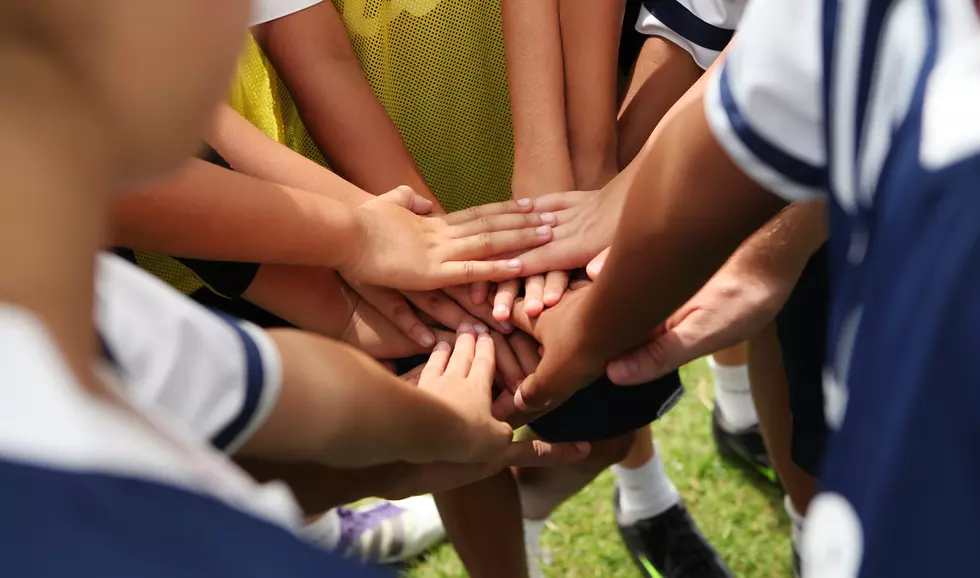
NJ doc: Youth sports specialization causes more frequent injuries
Dr. Peter DeLuca said he once treated a female high school soccer player who had torn both anterior cruciate ligaments, jeopardizing a potential college athletic career, when he heard something shocking.
The girl said to her mother, according to DeLuca, "Mom, I never liked soccer. I did it for you and Daddy."
Student-athletes who specialize in one sport often grow tired of it by the time they are good enough to think about a collegiate or professional future, and worse, DeLuca said, they may be putting themselves at higher risk of injury.

"We've definitely seen an increase in certain types of injuries, to the knee, shoulder, elbow, depending on the sport that they're specializing in," DeLuca, chief of sports medicine at Cooperman Barnabas Medical Center in Livingston, said. "But the biggest thing that some people don't consider is the psychological burnout."
So when he sees statistics, like the ones tracked by the Centers for Disease Control and Prevention, that suggest 2 million high school athletes are injured in the United States every year, resulting in 500,000 doctors' visits and 30,000 hospitalizations, he recognizes the need for a culture change.
DeLuca grants that many children do only want to focus on one sport, but those who wish to diversify are often told by their coaches that they can't.
That leads to the textbook definition of sports specialization, when kids are involved in an intense training program or organized sport more than 10 months out of the year with no room for any other sport.
According to DeLuca, pre-adolescents and adolescents who play several sports benefit more not only in their physical development but psychological and social as well, compared to peers who specialize.
"They're frustrated with it, and they just don't want to participate. And sometimes they would withdraw from society because of that psychological burnout that occurs with this problem," he said. "It really would be nice if students and children would be able to voice their opinions about, 'No, I want to play multiple sports, I don't want to just play one sport.'"
Emotional fatigue is one thing, but physical fatigue from constant training can prompt serious injury issues, DeLuca said.
He said children do not realize how important hydration and especially stretching are, as their bones grow faster than their tendons or muscles.
So certain muscle groups should be targeted to build up their endurance, rather than near-continuous training or game action.
"These athletes need to have dedicated exercise programs that include flexibility and strength training, and they have to pay attention to their hydration status," DeLuca said.
For anyone who would like more information on this topic, Dr. DeLuca is participating in a free webinar Thursday at 6 p.m., appropriately titled "Preventing Injuries in Student Athletes: Advice from Sports Medicine Experts."
Patrick Lavery is a reporter and anchor for New Jersey 101.5. You can reach him at patrick.lavery@townsquaremedia.com
Click here to contact an editor about feedback or a correction for this story.
LOOK: The most extreme temperatures in the history of every state
What would happen to NJ if we were attacked by nuclear weapons?
LOOK: Baby names that are illegal around the world
More From 94.3 The Point










